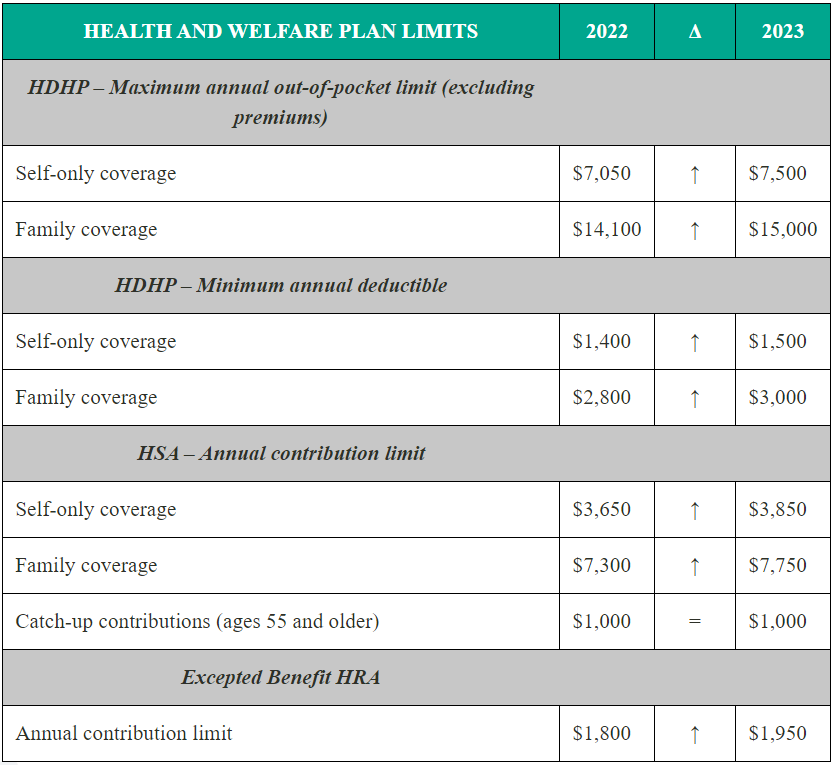Fiduciaries of 403(b), 401(a) and 457(b) retirement plans have come under increased scrutiny in recent years, in part due to participant lawsuits filed against plan sponsors and the resulting media attention. In this presentation with the 457 Consulting Group, McDermott Partner Todd Solomon discusses the fiduciary duties of plan sponsors and how to mitigate potential risks. The content in these slides applies to governmental 457(b) plans.
read more


 Subscribe
Subscribe





